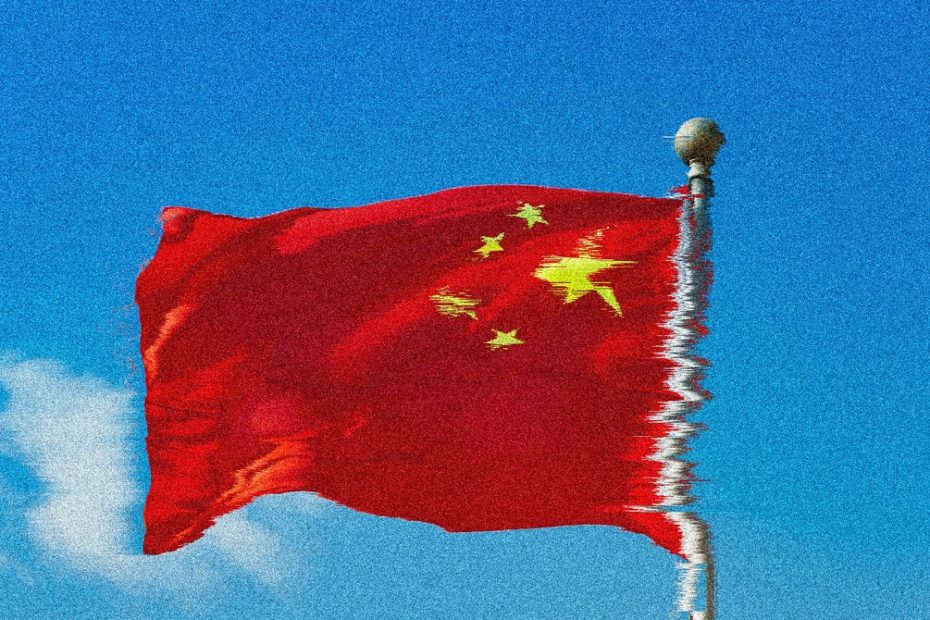The Chinese government announced on Tuesday that it will open an investigation into Google in response to 10 percent rates imposed on Chinese import by US President Donald Trump. Minutes after the rates have come into force, the Chinese state administration for market regulations said it was investigating the American technology giant for the possible violation of the country's anti-monopolic law.
The Chinese government may have chosen strategically to go after Google because it has limited activities in the country, making the hit for the American technology giant relatively minimal. The relocation gives China enough space to escalate if the Trump administration announces further rates or other trade measures. Google refused to comment.
China also announced that it had imposed more restrictions on the sale of some critical minerals such as tungsten and saving extra rates on agricultural machinery, pick -up trucks, liquid natural gas, coal and other goods from the US. Although the US is not dependent on China for all affected minerals, the country does check the majority of the tungsten supply of the world, which is used in light bulbs, semiconductors and ammunition.
“The position of China is sturdy and consistent. Trade and tariff wars have no winners, “said the Chinese Ministry of Foreign Affairs in a statement on Sunday shortly after the rates were announced. “This step cannot solve the problems of the US at home and more importantly, does not benefit from both sides, even less the world.”
China has held Google with the US with the US during the current trade war in recent years. In 2020, the government reportedly considered opening an antitrust investigation into the Android activities of Google, according to Reuters. The deliberations followed a complaint from the Chinese telecommunications giant Huawei, who was directed by Trump during his first term.
Because of American sanctions, Huawei cannot be able to use American software such as Google Mobile Services, a series of tools that are widely used in the smartphone industry. The limitations forced the company to develop its own operating system called Harmony Os.
But most smartphones around the world are still running on Android, who has fueled competition investigations in a number of countries, some of which have led to concessional changes designed to give consumers and app developers more choices and lower costs. In China, various smartphone makers continue to rely on an open-source version of Android.
Last December, the Chinese authorities also opened an anti-monopoly investigation into Nvidia, the chip maker whose GPUs play a crucial role in the development of generative AI and have become an important source of trade sparring between the US and China. The announcement came shortly after the Biden administration was further sharpened the access from China to high-end semiconductors.
About 15 years ago, Google no longer stopped offering a customized viewfinder experience for China after a series of Chinese government -related cyber attacks against it and other American companies. Google debated about seven years ago with a search engine with a search engine, but the project was sustained after protests from some employees who cared about supporting Chinese supervision and censorship.
Google has also stopped selling cloud technologies directly in China, because local laws can threaten privacy and security insurance policies that it offers to customers in other markets. Other Google services such as YouTube are blocked by Chinese internet regulations.
China has allowed domestic companies to buy advertisements via Google, so that they can bring customers to the market abroad. But the income from those deals are relatively small, and last year China does not even have a mention in the annual financial report from parent company Alphabet. In contrast to Meta, that states that China mentions the largest markets in terms of the location of the advertisers and said last year that advertisers established in China are good for 10 percent of the annual turnover.

